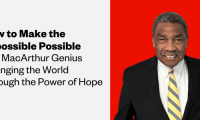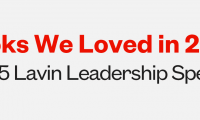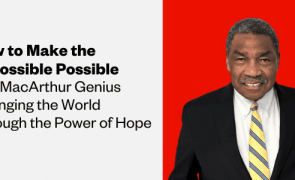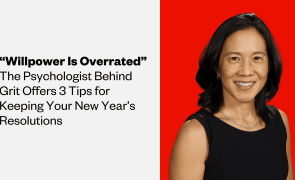In these divided times, it can often seem like empathy is difficult, if not downright impossible to find. But for Jamil Zaki, the Director of the Stanford Social Neuroscience Lab, we have a unique opportunity these days to strengthen our ability to relate to and care for one another—maybe even more than at any other point in human history.
Author of The War for Kindness: Building Empathy in a Fractured World, Jamil Zaki has earned a reputation as one of the most forward-thinking speakers on empathy in the world. Today’s profile in The Washington Post explores his life’s work on expanding, increasing and implementing empathy solutions. He’s spent years developing the tools to foster what he calls a “kindness revolution”, a concept based on the fact that empathy is not, in fact, an inherent and unalterable trait—but instead, a skill that can be learned, practiced and shared.
Right now, we’re in a crisis of empathy across political and cultural lines, with trends of disconnection and polarization increasing across all age groups. But it’s far from hopeless. As Zaki tells The Washington Post, “In the three years I spent writing [my book], I discovered more and more evidence that empathy is indeed a skill that we can build, and that doing so is a crucial project for us, both as individuals and as a culture.”
Empathic people fare better at work and relationships, and are more emotionally fulfilled, Zaki says. Not only that, but cultivating kindness is contagious. His current research illustrates how we’re all responsive too witnessing others practice kindness, which spurs an avalanche effect of empathy in all kinds of communities. It’s not that there’s zero genetic component to one’s capability for compassion; but that “there’s lots of evidence that our experiences, our choices, our habits, our practices go a long way to predict how empathetic we become.”
Zaki offers five “kindness challenges”: practical yet powerful exercises designed to push us beyond our comfort zones and toward recognizing, then redirecting our instinct to empathize only with family, friends and people who think or look like us. Eventually, we can learn to apply empathy equally to strangers—even people with whom we strongly disagree. Ultimately, Zaki’s fascinating research explores exactly how we can “hack” empathy for the greater good of humanity. “We can grow our empathy if we want to,” he says. “Our emotions are not animalistic impulses.”















